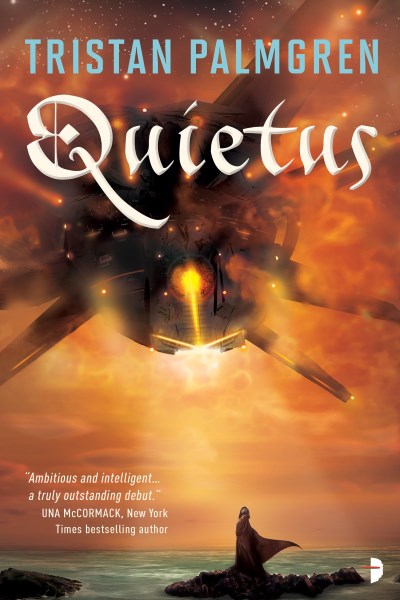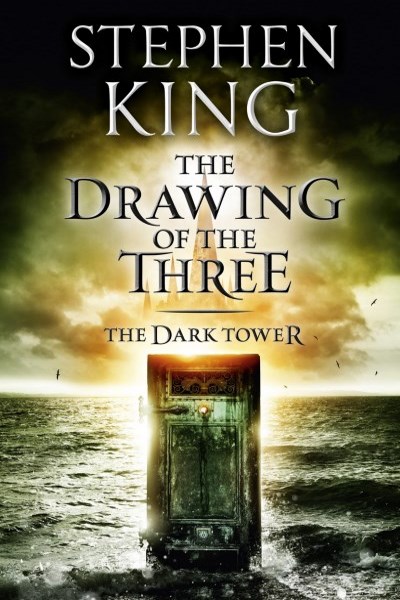Quietus by Tristan Palmgren
Rating

Review
At first, Quietus by Tristan Palmgren reminded me a lot of the excellent Doomsday Book by Connie Willis. The basic premise is about the same: anthropologists from another world (dimension in the case of Quietus and time period with respect to Doomsday Book) visit 14th century England just as the Black Death is taking hold and laying waste to civilization. In the case of Doomsday Book, the main character arrives in 1348 by mistake. In the case of Quietus, our main character, Habidah, is exactly where she wants to be or, rather, exactly where her superiors want her to be. In her dimension, a plague very similar to the Black Death is ravaging entire worlds, and so Habidah and her team are sent to study the 14th century version of the disease and the effects it has on the populace in hopes of developing a cure for their version of it. Turns out they’re not being told everything, and so the plot becomes much bigger, the stakes higher, and, for the medieval people Habidah begins to develop a connection to, the danger much greater.
Backing up, Quietus begins with great promise. Habidah is a likable character, the leader of a team whose mission is to study and record; they are not to intervene under any circumstances. Despite the tragedies they must witness over and over, their purpose is not to cure the medieval version of the plague or to assist the people affected by it. This is a tough pill to swallow for our dimensional travellers, but they do it because they must. Habidah, however, is blessed (cursed?) with a conscience that will not allow her to stand by and do nothing. A small infraction is reprimanded with a slap on the wrist and a warning not to do it again. A second violation, more serious this time since she brings a certain monk onto her ship for treatment, sets the story on an entirely different course from where we started. Quietus truly becomes interesting at this point and wholly diverges away from the premise set forth in Doomsday Book.
Niccolucio, the monk whom Habidah rescues from certain death, is just as interesting a character as Habidah. Raised to affluence, he forsakes his family fortune for the simple life of a Carthusian monk. But when he is forced to care for his brothers as they die one by one, he begins to question his god’s purpose and his own. When he learns the truth about Habidah, or at least the version of the truth she reveals to him, his path becomes something unexpected as he plays a major role in the unfolding of the bigger and primary storyline revealed later on.
There are other supporting characters, none of whom really made an impression on me, as well as some other subplots that were mostly stereotypical and not really needed to support the main storyline. The writing is good but didn’t strike me as exceptional. Mr. Palmgren’s prose does the job but won’t knock you off your feet.
I want to thank the publisher for giving me a free electronic copy of Quietus via Netgalley in exchange for a fair and honest review. I’m giving Quietus three rockets because, while a good read with some likable characters, ultimately the story meandered a bit too much for my liking. Niccolucio’s awakening was of particular interest, but it goes off-track when certain entities interpose themselves. It was almost as if the story became maybe a bit too complex; that extra level was not needed. In any case, I enjoyed Quietus and recommend it quite readily.







Leave a Comment